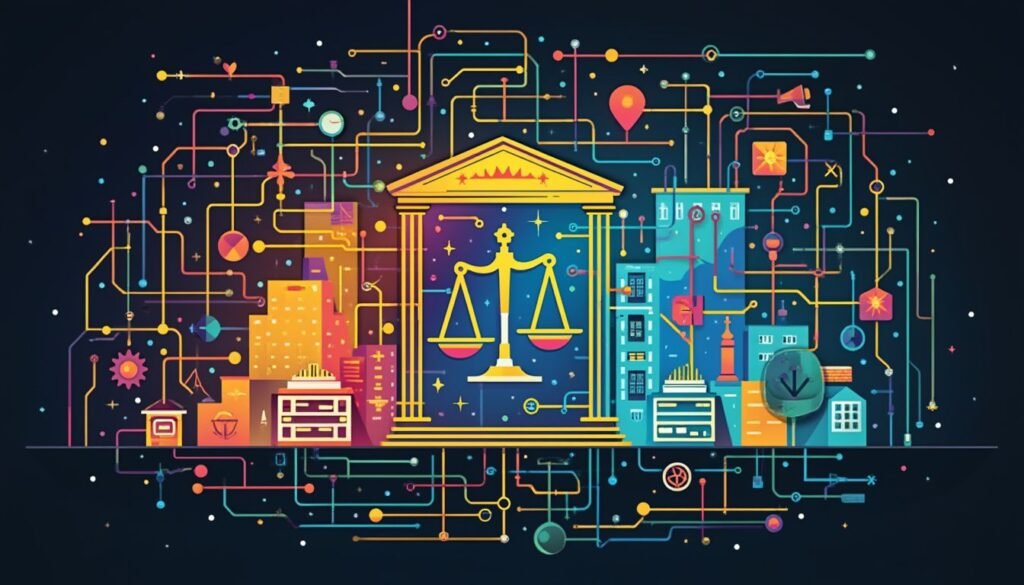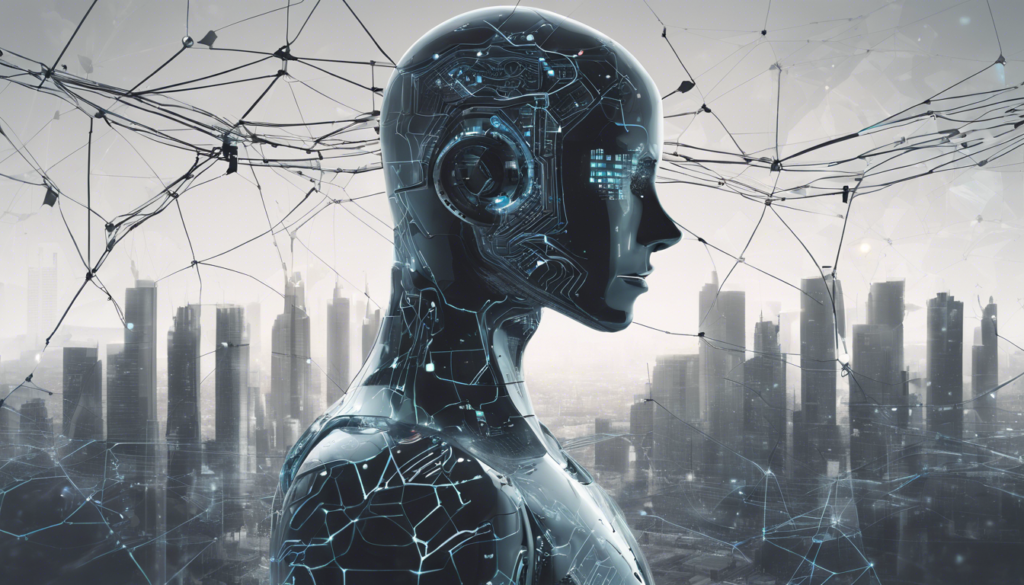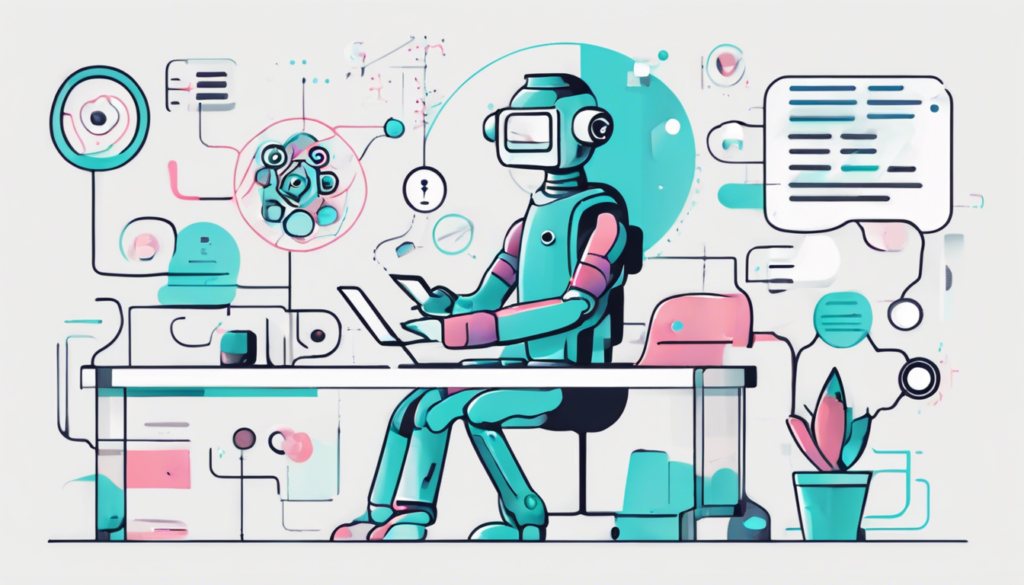Artificial Intelligence (AI) continues to transform industries worldwide, with recent studies by Microsoft and IDC shedding light on its profound impact and evolution. Organizations are realizing substantial returns on their investments in AI, particularly generative AI, which is being rapidly adopted across various sectors.
AI Adoption and Economic Benefits
One of the standout findings from the studies is that for every $1 invested in generative AI, organizations are experiencing an average return of $3.70. This highlights the significant financial benefits organizations can gain by leveraging AI technologies. It’s no wonder that over 85% of the Fortune 500 companies have integrated Microsoft AI solutions to revamp their business processes, demonstrating widespread adoption.
The deployment of AI tools has proven to be swift, with most organizations completing implementations within eight months, and realizing tangible value within an average of 13 months. The integration of tools like Microsoft 365 Copilot is revolutionizing productivity by automating mundane tasks such as coding and preparing presentations, allowing employees to focus on more strategic initiatives.
Trends and Challenges in AI Integration
The adoption of AI is not just restricted to its financial benefits but also extends to influencing industry-wide trends. With 71% of organizations already using generative AI tools, sectors are experiencing enhanced productivity, improved customer engagement, and product innovation. These advantages underscore why nearly half of the companies surveyed foresee AI having a substantial impact on their operations over the next 24 months.
However, implementing AI doesn’t come without its challenges. The studies indicate a shortage in skilled workforce as a significant barrier to AI adoption, with over half of the respondents citing it as a primary obstacle. This highlights the need for businesses to invest in upskilling their current employees or attracting new talent capable of navigating the complexities of AI technologies.
The impact of AI varies across different industries, with the financial services sector seeing the highest returns, followed by media and telecommunications, and other industries like mobility, retail, and healthcare. As organizations continue to explore AI’s potential, they can expect even greater economic contributions in the near future.
Looking ahead, IDC projects that generative AI will make a profound economic impact, potentially adding nearly $10 trillion to the global GDP over the next decade. With expectations of an 86% growth from 2022 to 2027, AI is poised to be an integral driver of innovation and economic growth, cementing its status as a transformative force in modern business practices.




